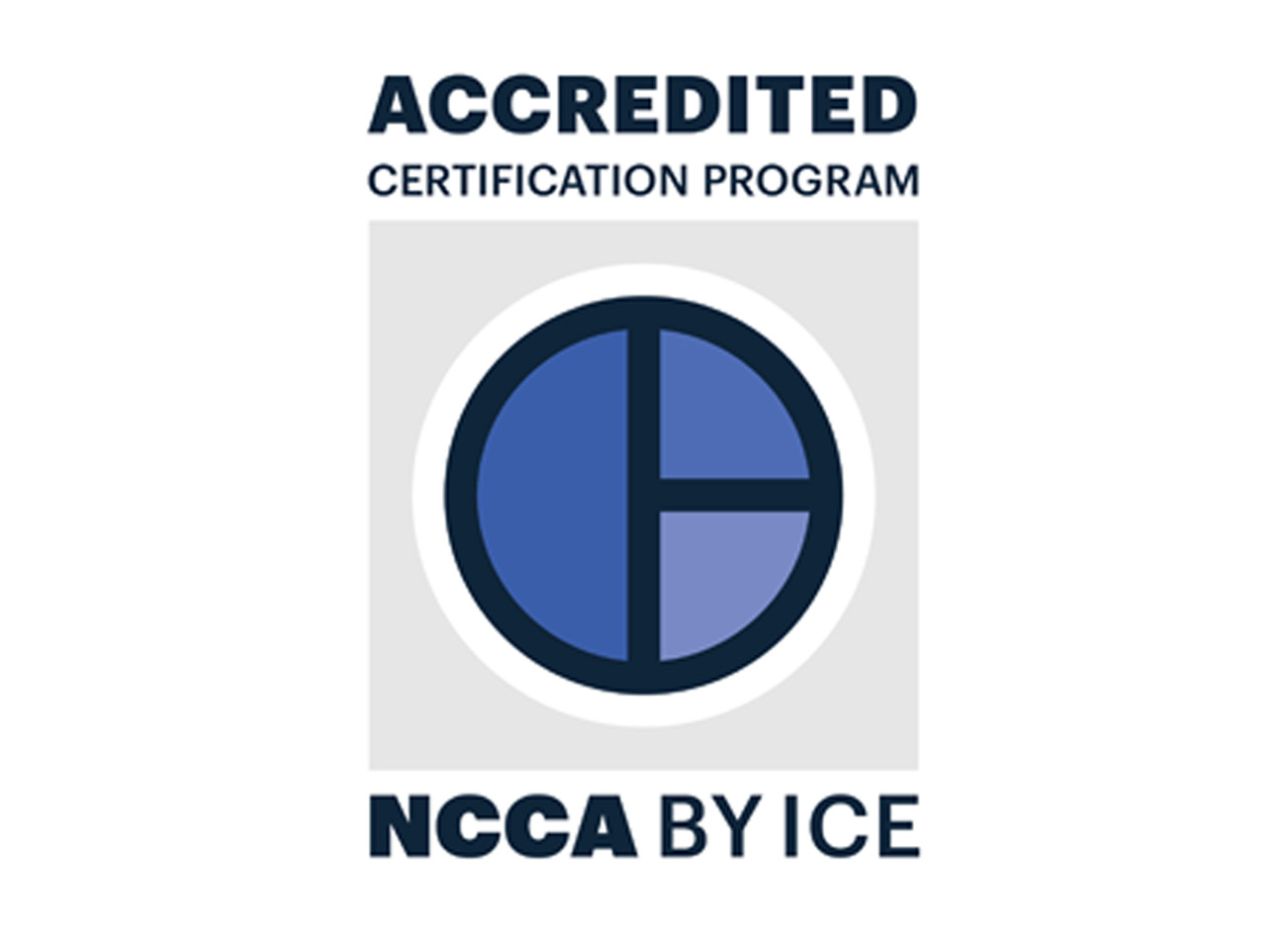Credentialing
an overarching term that includes processes, policies, and practices that support the awarding of a license, registration, certification, qualification, accreditation, or assessment-based certificate upon and organization or individual demonstrating achievement of predetermined and standardized criteria. Organizations are typically accredited; individuals usually are bestowed one of the other types of credentials.
As the credentialing organization for oncology nursing, ONCC offers both certifications and assessment-based certificates (the latter in partnership with ONS) to validate a nurse has specialized knowledge and experience in cancer care. ONCC credentials make a difference to patients who want knowledgeable nurses, to employers who want qualified and experienced staff, and to individual nurses who want to demonstrate their knowledge and expertise.
The mandatory process by which a governmental or other body grants time-limited permission to an individual to engage in a specific occupation after verifying they have met predetermined and standardized criteria.
ONCC requires active, unencumbered licensure as a Registered Nurse (RN) or Advanced Practice Registered Nurse (APRN) for its certification programs. ONCC certified nurses are required to notify ONCC within 30 days if their license expires or is under any disciplinary action or encumbrance.
The process by which ONCC grants formal recognition to individuals meeting predetermined, standardized criteria including eligibility, assessment of knowledge/ability, and regular recertification. Certifications address the full body of knowledge/practice for a role and improve performance, reduce risk, and safeguard the public.
Certificants are granted a limited license to use a certification mark (letters behind their name). Claiming to be certified when one is not (unearned or expired) is considered fraud and may result in disciplinary action.
A non-degree-granting program providing instruction in specific knowledge, skills, and abilities; evaluating participant achievement of the intended learning outcomes; and awarding a certificate only to those who pass a summative assessment that verifies learning.
Individuals that successfully complete an ONS/ONCC program of this type earn a Certificate of Added Qualification (CAQ)—a valuable credential, but not a certification. One may say they “hold the Certificate of Added Qualification in….”
ONCC Certifications and Certificates of Added Qualifications (CAQs) are grounded in current Competency Models and Role Delineation Studies

Competency Models define the knowledge, skills, attributes, and/or other characteristics needed for successful performance of a job or role.

Role Delineation Studies identify the knowledge needed to perform a role that can and will be tested on the certification exam. This is a subset of the role competency model and supports exam validation.
Accreditation
The process by which an authorized agency grants time-limited formal recognition to an institution, organization, credentialing body, or other entity after verifying achievement of predetermined, standardized criteria.
The National Commission for Certifying Agencies (NCCA) is an independent organization that has identified the essential components of certification programs and determines if they meet established standards. Accreditation by the NCCA indicates that ONCC programs have been evaluated by the Commission and found to meet/exceed its established standards. The following ONCC Certification programs are accredited by NCCA: OCN®, AOCNP®, BMTCN®, CPHON®, CBCN®.

ONCC’s operational definitions for credential, license, certification, and assessment-based certificate program are based on the Institute for Credentialing Excellence’s Basic Guide to Credentialing Terminology, 2nd Edition (2020).



